If you’ve ever sat through an uninspiring training session in a stuffy classroom or waded through endless tick box courses, you’ll know that workplace learning has its pitfalls.
Experiences like these miss the mark when it comes to professional development. Employees simply switch off because they don’t consider the learning to be beneficial to themselves, their colleagues or their organisation.
Fortunately, more and more businesses are upgrading their approach to learning and development by adopting a learning management system (LMS) to manage, distribute and track their employee training.
A better way to learn
An LMS can be an effective way to provide staff with the knowledge and skills they need by making learning accessible via a digital learning hub. Organisations can give employees access to a wide range of pre-built courses while monitoring everyone’s progress over time.
However, it’s not enough to simply move all your company’s learning online.
You could still find it a challenge to encourage people to take time out of their daily routines to devote to learning – particularly when there is so much to do in the day job, and so many other commitments to fulfil.
To get people to really value learning, you need your LMS to help you create a culture where learning is part of the day job and not just another item on the to-do list.
A good LMS can make all the difference in championing your company’s learning and development.
1. Help staff get a head start on their learning
Make sure your LMS is as easy as possible to log onto, navigate and browse. If people have a positive experience accessing the system right from the start, they are more likely to keep engaging with it further down the line. Make some short training videos available straight away and ease people into accessing longer learning materials later on.
2. Create personalised learning plans for your staff
Check you can provide each employee with a personalised dashboard in your LMS. Use the dashboard to display a tailored plan for staff members, with all the courses they have taken and the training they need to complete. When employees have an individual learning plan, they are more likely to take ownership of their training and development, and keep it progressing.
3. Use gamification to keep staff engaged
Use your LMS to reward people for their progress. Some LMSs enable you to build in gamification features such as leagues, digital badges and competitions, with the option to link your LMS to any existing reward programmes your business runs. Giving people a target to complete and rewarding them for it will motivate them to prioritise their learning.
4. Encourage staff to take part in social learning
Invite staff to share their knowledge and expertise. See if there is a way you can provide space for dialogue on the LMS where people can post their own learning points, for instance by sharing a video clip of a customer interaction, and saying what they learnt from it. All rail businesses have plenty of experts in their ranks, so give people the opportunity to share best practice with their peers.
5. Build industry-related expertise
Make sure your LMS supports sector-specific learning. In an industry like rail which demands high levels of skill within a variety of complex roles, a generic LMS may not be enough to develop the next generation of freight, passenger and supply chain staff. Organisations can add their own courses to an LMS, or they can opt for a specialist rail sector LMS, like RailSmart Virtual Campus, which is designed to develop the skill sets required by the industry.
6. Monitor progress in your workforce
Check how everyone is progressing through their learning plans. If there is anyone who is not moving through their training as well as they could be, you might be able to offer them a different approach which suits their learning style better – video clips instead of a text-based course, for example. Your LMS should help you spot any skills gaps in your organisation so you can plan training and recruitment to fill those gaps.
Workplace learning and development is more important than ever. It’s no longer enough to hire people with the right skills. To be at the top of your game you need staff who are constantly learning, upskilling and adapting to change.
An LMS can help you build a skilled and knowledgeable team and prepare your workforce for the future.
RailSmart Virtual Campus is an award winning and market leading LMS, powered by Docebo. To find out how RailSmart Virtual Campus can support your learning and development strategy, click here.

